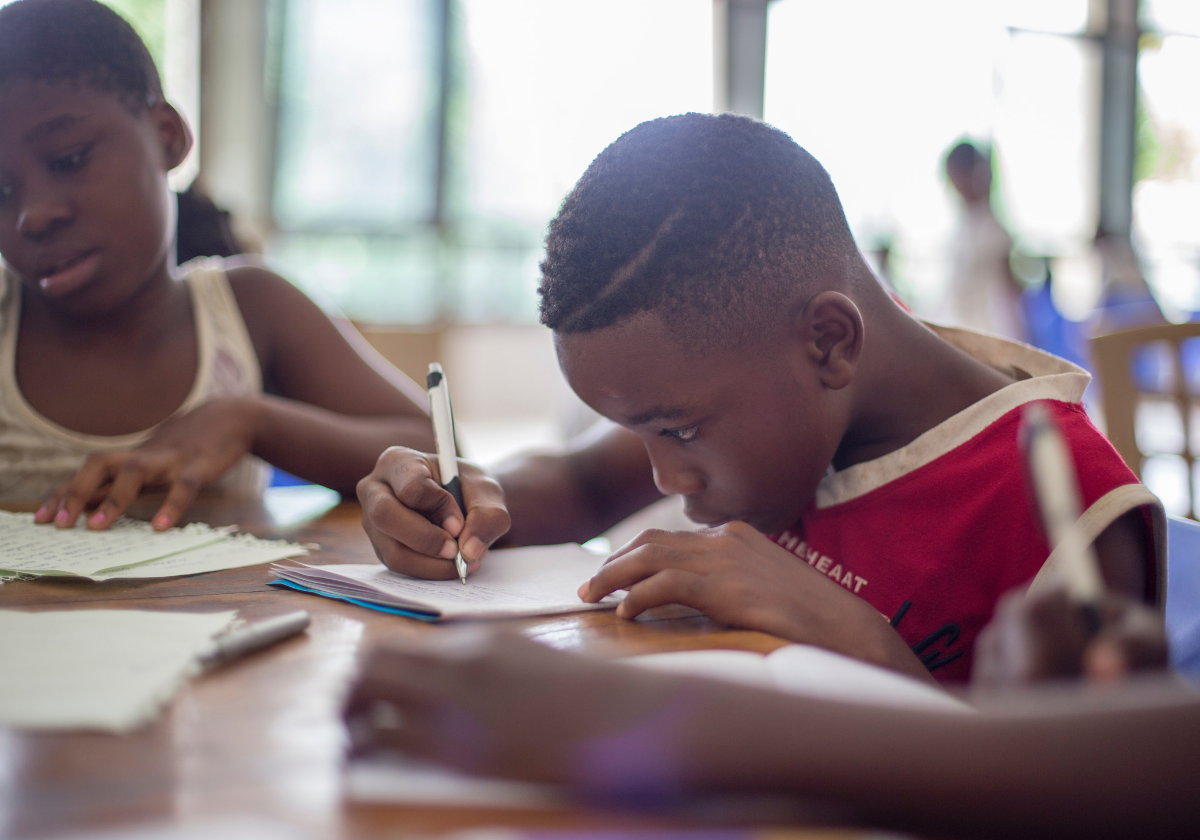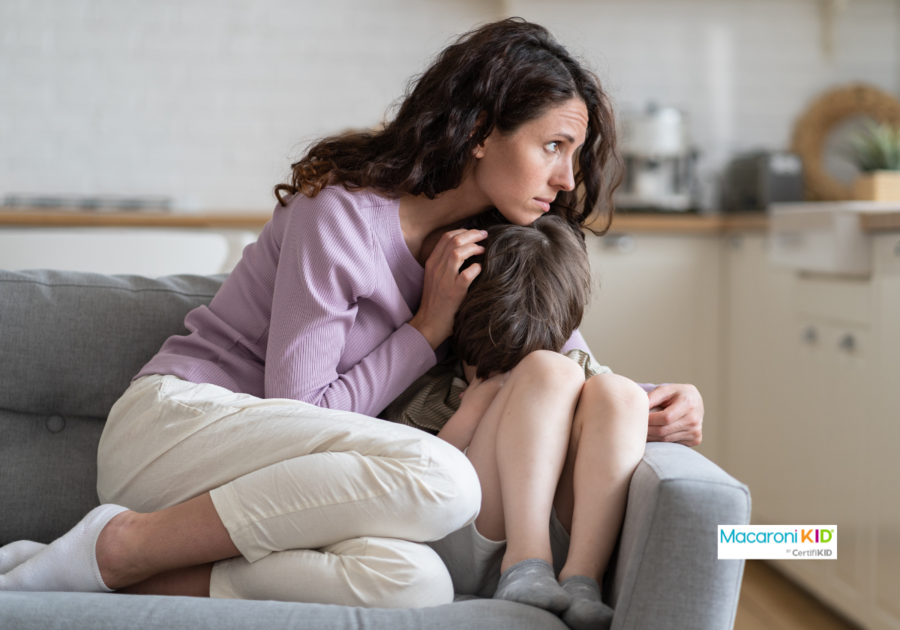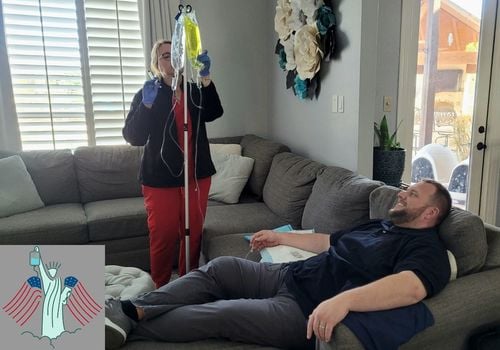No matter what their age, our children are looking to us to make them feel safe. Keeping the lines of communication open with our kids becomes even more important when scary things happen in the world around us.
But, many of us are struggling to start the conversation after scary and violent events take place.
Several online resources, such as the National Child Traumatic Stress Network, offer practical guidelines to help parents talk to children about community violence. Here are some tips:
Find out what they already know
- A good way to start the conversation is to ask your children what they already know.
- No matter what their age, if you have heard about a violent incident, your children probably have, too.
- Be the first one they have a conversation with.
Be honest and brief
- Use simple, clear, and age-appropriate language to explain what really occurred.
Encourage your child to talk about their fears and to ask questions
- Letting your child lead the conversation can help them express their concerns and fears.
- Acknowledge that their concerns are important.
Offer nonverbal alternatives for expressing fears
- Drawing and writing are two options that may make it easier for kids to open up about their feelings.
- Brainstorm with your child about how you, as a family, could help the victims if they are friends, neighbors, or members of your community. Being proactive can be therapeutic for your whole family.

Manage media exposure
- Children are ALWAYS aware, even when it seems like they are not.
- Be extra diligent with the sounds and images your children are exposed to on TV, on the radio (in the car, especially), and online.
Be a positive role model for your kids
- Sharing your feelings about the incident with your child in a way they can understand helps them feel validated.
- Tell them that you are also sad, and that you feel bad for the victims and their families.
- Talk to your kids about what you are doing to cope with your feelings.
Focus on the positive
- Share positive reactions to the event with your kids as well, such as how people helped each other during and after the tragedy.
- Fred Rogers' timeless advice is still relevant today, “When I was a boy and I would see scary things in the news, my mother would say to me, 'Look for the helpers. You will always find people who are helping.' To this day, especially in times of 'disaster,' I remember my mother’s words and I am always comforted by realizing that there are still so many helpers – so many caring people in this world.”
Be patient
- Whether they are very young or a teenager, kids may exhibit changes in behavior in response to community violence. This is normal.
- Extra patience, care, and love will go a long way while your child works through their feelings.
Get help if needed
- If you find that negative changes in behavior continue for longer than a few weeks, you may need to reach out to your child’s doctor or a mental health professional to get the support your child needs to move forward.
HELPFUL RESOURCES
- Helping Kids Navigate Scary News Stories from PBS for Parents
- Helping Children and Adolescents Cope With Traumatic Events from the National Institute of Mental Health
- General Mental Health Resources from Jeffco Public Schools
- Talking to Children About Violence: Tips for Parents and Teachers from National Association of School Psychologists
- Tips for Talking to Children and Youth After Traumatic Events: A Guide for Parents and Educators from U.S. Department of Health and Human Services
- Managing Strong Emotional Reactions to Traumatic Events: Tips for Families and Teachers from National Association of School Psychologists
- Inside Him (Stories for Children that Grownups Can Watch) by Illinois Childhood Trauma Coalition
Books for Kids
- Everybody Has Feelings: Todos Tenemos Sentimientos: The Moods of Children by C.E. Avery (Ages 2 to 5)
- A Terrible Thing Happened by Margaret M. Holmes (Ages 4 to 10)
- Why Did It Happen? by Janice Cohn (Ages 5 and up)
- I Can Make My World a Safer Place: A Kids Book about Stopping Violence by Paul Kivel (Ages 6 to 11)
- Reactions by Alison Salloum (Ages 9 and up)
- Glad Monster, Sad Monster: A Book About Feelings by Ed Emberley and Anne Miranda (Ages 4 to 8)
Books for Parents
- The Scared Child: Helping Kids Overcome Traumatic Events by Joy Berry
- Children and Trauma: A Parent’s Guide to Helping Children Heal by Jossey-Bass
Christen Reiner is the publisher of Macaroni KID Lakewood-Littleton and Macaroni KID Denver, Colo.






